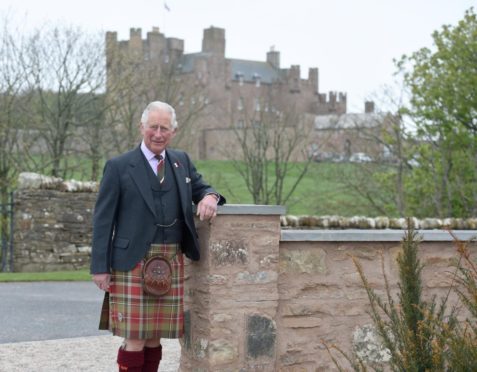The Prince of Wales has called for small family farmers to find “strength in numbers” inside a co-operative to deal with future upheavals in the agriculture industry.
The sector is undergoing a “massive transition”, Charles said, noting that more than 100,000 family farms have been lost in the last 30 years.
And, writing in The Guardian, he said family farms needed to be a “key part in any fair, inclusive, equitable and just transition to a sustainable future”.
Earlier this year, Charles launched the Terra Carta initiative, and encouraged the private sector to safeguard the planet by adopting sustainability and invest 10 billion dollars (£7.3 billion) in “natural capital”.
And he said farms across the world could work in a global co-operative producing food based on the principles in his charter.
In his piece published on Monday, Charles said he had previously made the case for co-operatives and will do so again as “new times demand new thinking”.
He wrote: “I believe there is strength in numbers and have often thought the best way to secure a viable future for these smaller family farms would be for them to come together in some sort of co-operative.
“While there seems to be some deep-seated aversion to farmer co-operatives in this country (I have tried my best over the years to encourage and establish them, but to little effect), they work well in many parts of Europe.
“These farmers are some of the most hardworking and innovative small businesses and, in so many ways, we depend on them far more than most of us will ever know.”
